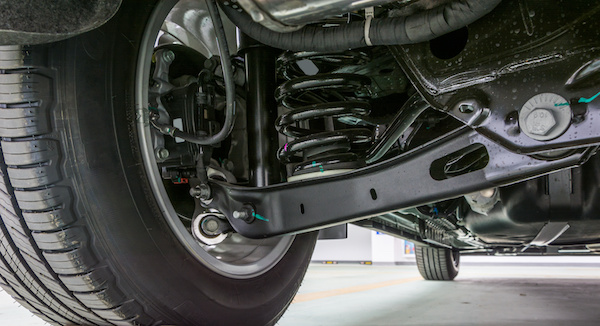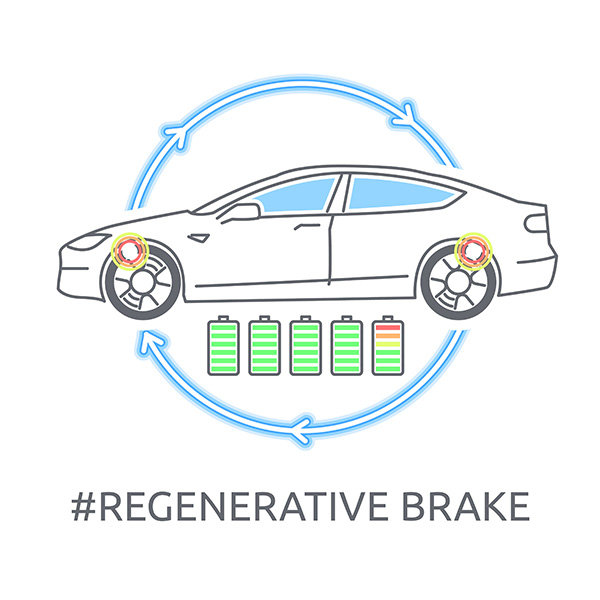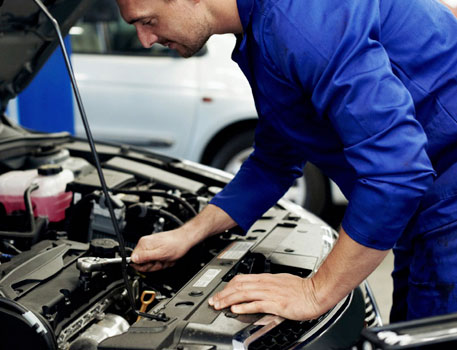Posted on 6/11/2024

When it comes to vehicle maintenance, one component that often doesn't get the attention it deserves is the shock absorber. Yet, these unassuming parts play a crucial role in ensuring a smooth and safe ride. Let's delve into why shocks are so important for your vehicle's performance and your overall driving experience. 1. Smooth Ride Quality: Shocks are designed to absorb and dampen the impact of bumps, potholes, and other road imperfections. Without properly functioning shocks, every dip and bump in the road would result in a jarring and uncomfortable ride. By maintaining consistent contact between your tires and the road surface, shocks contribute to a smoother and more comfortable driving experience for you and your passengers. 2. Enhanced Vehicle Stability: Shocks help to stabilize your vehicle by minimizing body roll, sway, and pitching motions during cornering, braking, and acceleration. This stability is essential for maintaining ... read more
Posted on 6/6/2024

Adding leveling kits and suspension lifts to trucks is a popular way to enhance both the aesthetic appeal and off-road performance of your vehicle. Here at Dickerson Automotive we can help you add the Suspension upgrades you have always wanted. Here's a detailed guide to what these modifications entail and their benefits, based on information from Cognito Motorsports. Leveling Kits Purpose and Benefits: Leveling kits are designed to raise the front of the truck to match the height of the rear. This is particularly useful for trucks that have a noticeable front-end dip, often due to heavy engine weight or other factors. By leveling the truck, you achieve a more balanced and aggressive stance. Types: - Strut Extensions: These are commonly used in newer trucks with strut front suspensions. They are installed on top of the factory struts to provide a lift. - Torsion Keys: For trucks with torsion bar suspension systems, upgraded torsion keys can be used to l ... read more
Posted on 5/29/2024

Shaking Up Your Drive: Understanding Why Your Car Shakes While Driving Is your car giving you the unsettling sensation of a shaky ride? Whether it's a subtle vibration or an all-out shudder, driving a car that shakes can be a cause for concern and discomfort. But fear not! In this blog post, we'll explore some common reasons why your car might be shaking while you drive and what you can do to address the issue. Wheel Alignment Woes: One of the most frequent culprits behind a shaky ride is misaligned wheels. Over time, your car's wheels can become misaligned due to factors like hitting potholes, curbs, or other road hazards. When your wheels are out of alignment, it can lead to uneven tire wear and cause your car to shake, especially at higher speeds. Tire Troubles: Speaking of tires, they play a significant role in your car's overall stability and smoothness of the ride. Issues such as unbalanced tires, uneven tire wear, or worn-out ... read more
Posted on 5/29/2024

In today's world of automotive innovation, hybrid cars are gaining popularity for their fuel efficiency and eco-friendliness. One of the key features that sets hybrid vehicles apart is regenerative braking. But what exactly is regenerative braking, and how does it work? If you've ever been curious about this technology and its benefits, you're in the right place. We'll explain regenerative braking, exploring its mechanics, advantages, and impact on the driving experience. An Overview of Regenerative Braking Regenerative braking is a technology used in hybrid and electric vehicles to capture and store kinetic energy generated during braking. Unlike traditional braking systems, which convert kinetic energy into heat and dissipate it as wasted energy, regenerative braking harnesses it and stores it for later use. This innovative approach impr ... read more
Posted on 5/22/2024

Many modern vehicles come with what manufacturers label as "lifetime fluid" for components like transmissions and differentials. This can be enticing as it suggests minimal maintenance, but is it truly best to avoid changing or servicing these fluids? What Is Lifetime Fluid? Lifetime fluid is designed to last the vehicle's lifetime under normal driving conditions. Manufacturers claim these fluids do not need to be changed, theoretically saving you maintenance costs and hassle. However, "lifetime" can be a misleading term. Pros and Cons Pros: - Convenience: No need for regular fluid changes, which can save time and money. - Cost Savings: Potentially lower maintenance costs over the vehicle's lifespan. Cons: - Fluid Degradation: Over time, even the best fluids can break down, leading to decreased performance and potential damage. - Driving Conditions: Harsh driving conditions (towing, extreme tempera ... read more